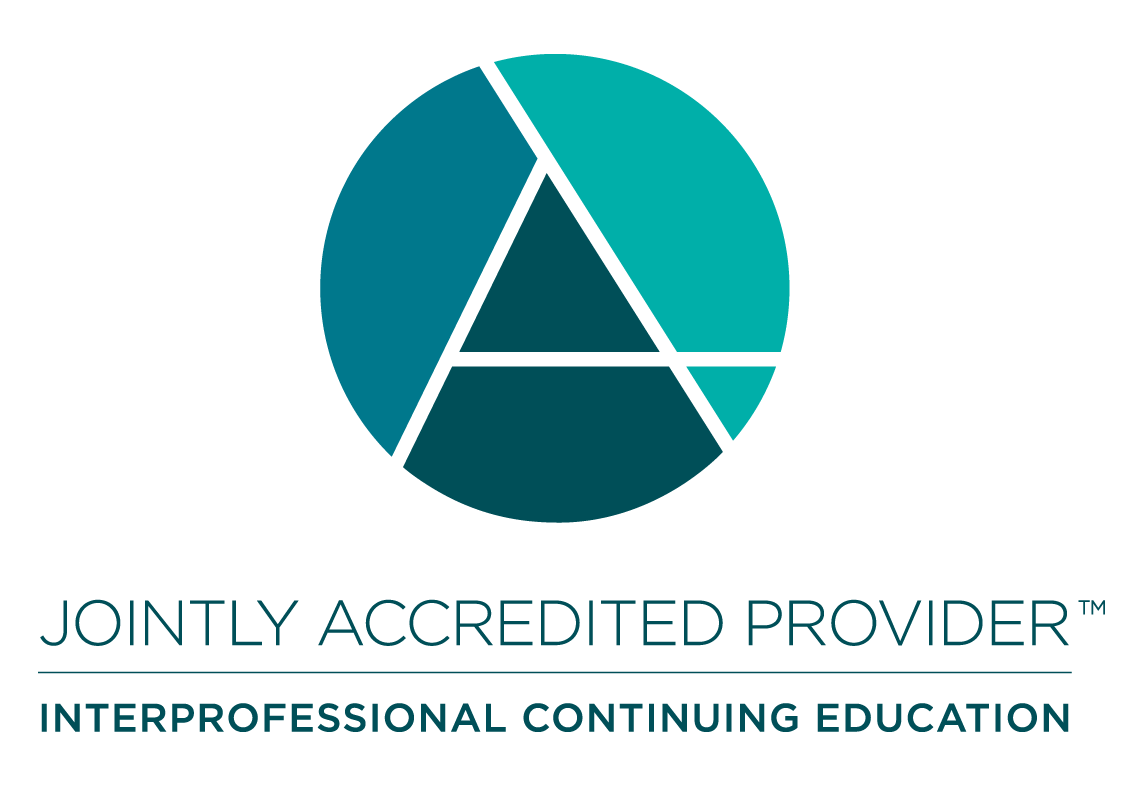University of Pittsburgh Health Sciences eLearning Environment Internet-based Studies in Education and Research
 INTRODUCTION
INTRODUCTION
 ABIM and DOB Data Collection
ABIM and DOB Data Collection
 12/13/22 - Medical Grand Rounds: Bench to Bedside - Novel Mechanisms driving Aortic Valve Calcification & Management of Aortic Stenosis
12/13/22 - Medical Grand Rounds: Bench to Bedside - Novel Mechanisms driving Aortic Valve Calcification & Management of Aortic Stenosis
 QUIZ
QUIZ
 EVALUATION
EVALUATION
 CERTIFICATE
CERTIFICATE
Credit Hours: CME 1.00
Faculty, residents, fellows, and community physicians in General Internal Medicine and subspecialties.
Abstract
This Department of Medicine Grand Rounds presentation is a Bench-to-Bedside Lecture - featuring Cynthia St. Hilaire, PhD, FAHA, and Ibrahim Sultan, MD. Dr. St. Hilaire, in her discussion titled “Novel Mechanisms driving Aortic Valve Calcification”, will speak about the role of the telomerase reverse transcriptase (TERT) in the calcification process involving valvular interstitial cells. Dr. Sultan, in his discussion titled “Management of Aortic Stenosis: State of the Art”, will discuss therapeutic options for calcific aortic valve disease (CAVD).
Upon completion of this activity, participants should be able to:
- Review and identify the clinical significance of calcific aortic valve disease/aortic stenosis
- Describe the molecular mechanisms driving the initiation of calcification of the valve
- Spur excitement for and willingness to participate in bench to bedside collaborations.
Suggested Additional Reading
- https://www.biorxiv.org/content/10.1101/2022.08.23.504425v1 Non-canonical Telomerase Reverse Transcriptase Controls Osteogenic Differentiation of Aortic Valve Cells Through STAT5
- https://www.nature.com/articles/nrdp20166 Calcific aortic stenosis
- https://www.ahajournals.org/doi/epub/10.1161/CIRCRESAHA.121.318011 Inflammatory and Biomechanical Drivers of Endothelial-Interstitial Interactions in Calcific Aortic Valve Disease
Joint Accreditation Statement:

In support of improving patient care, the University of Pittsburgh is jointly accredited by the Accreditation Council for Continuing Medical Education (ACCME) and the Accreditation Council for Pharmacy Education (ACPE), and the American Nurses Credentialing Center (ANCC), to provide continuing education for the healthcare team.
The University of Pittsburgh School of Medicine designates this enduring material activity for a maximum of 1.0 AMA PRA Category 1 Credit[s]™. Physicians should only claim credit commensurate with the extent of their participation in the activity. This educational activity is approved for 1.0 contact hours.
Other health care professionals will receive a certificate of attendance confirming the number of contact hours commensurate with the extent of participation in this activity.
No relationships with industry relevant to the content of this educational activity have been disclosed.
Dr. Sultan receives grant/research support from Abbott, Artivion, Medtronic, Boston Scientific, Z Medica, and Terumo Aortic.
This activity is approved for AMA PRA Category 1 Credit™
The University of Pittsburgh is an affirmative action, equal opportunity institution.